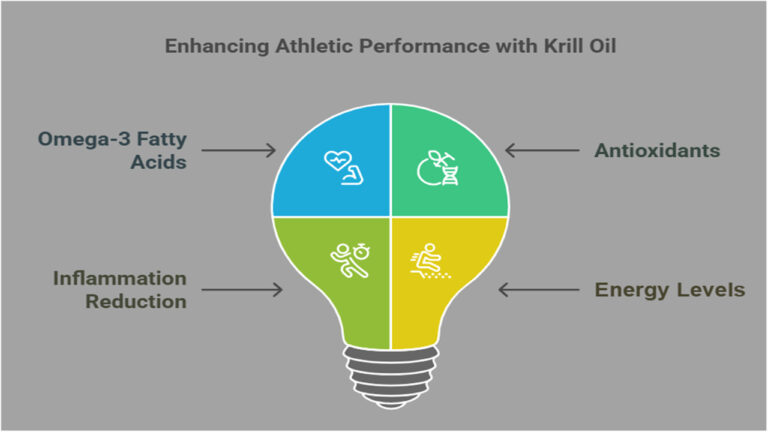Most of us know that high cholesterol can lead to serious heart problems, but managing it isn’t always simple. Diet plays a big role, and while fish oil and plant-based foods often get the spotlight, there’s another source of heart-healthy fats from the Antarctic Ocean: krill meat. This raises an important question can krill meat lower cholesterol effectively?
Krill are tiny, shrimp-like creatures found in cold ocean waters, and their meat is packed with omega-3 fatty acids, antioxidants, and lean protein. It’s a natural way to support heart health especially when it comes to lowering cholesterol.
So, what makes krill meat different? Can it really help balance your cholesterol levels? And is it something worth adding to your plate?
In the article, we walk you through what cholesterol actually does in the body, why keeping it in check matters, and how krill meat might fit into a heart-healthy lifestyle.
What Is Cholesterol, and Why Does It Matter?
Understanding cholesterol is the first step to understanding how krill meat might help. Not all cholesterol is harmful and some of it is absolutely essential.
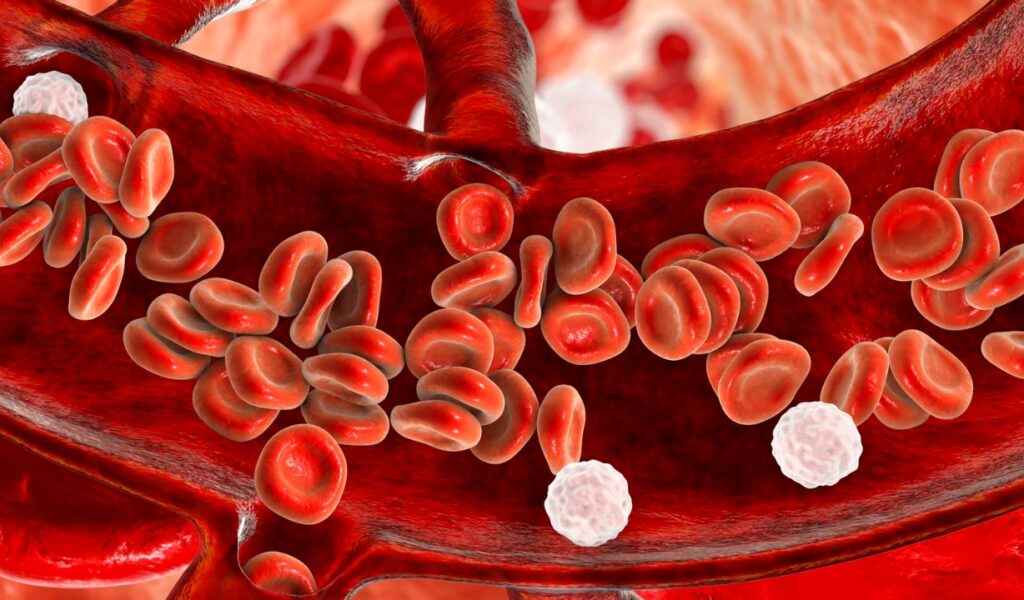
Cholesterol is a waxy, fat-like substance that your body uses to build cell membranes, produce hormones, and create vitamin D. Your liver makes most of it naturally, but cholesterol is also found in many animal-based foods.
There are two main types to pay attention to:
- LDL (low-density lipoprotein) Often labeled “bad” cholesterol because high levels can lead to plaque buildup in the arteries, restricting blood flow and raising the risk of heart attack or stroke.
- HDL (high-density lipoprotein) Referred to as “good” cholesterol, HDL helps remove excess cholesterol from the bloodstream and transport it to the liver for excretion.
Another important fat-like substance is triglycerides, which, when elevated, can further increase cardiovascular risk, especially in combination with low HDL or high LDL.
Managing cholesterol isn’t just about lowering one number. It’s about achieving a healthy balance between HDL, LDL, and triglycerides something diet can strongly influence.
Krill Meat and Cholesterol: How It Works in the Body
Krill meat is gaining interest as a natural food-based approach to managing cholesterol and for good reason. It offers a unique combination of bioavailable omega-3 fatty acids, antioxidants, and lean protein that work together to support heart health.
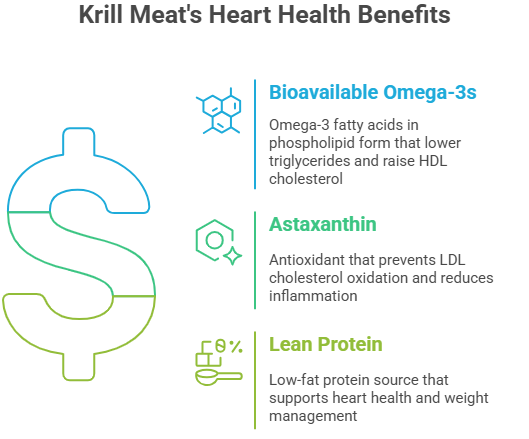
It’s Rich in Bioavailable Omega-3s
Krill meat contains two critical omega-3 fatty acids and their benefits:
- EPA (eicosapentaenoic acid)
- DHA (docosahexaenoic acid)
These omega-3s are known to:
- Lower triglyceride levels, reducing the total fat circulating in your blood.
- Raise HDL (good) cholesterol, helping the body clear out excess fat.
- May reduce LDL (bad) cholesterol in some individuals, though effects vary.
What sets krill omega-3s apart from those in fish is how they’re stored: in phospholipid form, which your body may absorb more efficiently than the triglyceride form found in most fish oils. That means you may get better results with smaller portions.
It Contains Astaxanthin A Powerful Antioxidant
Krill meat is naturally high in the antioxidant astaxanthin, a reddish pigment and antioxidant that helps protect cells from oxidative damage. Astaxanthin is believed to:
- Prevent the oxidation of LDL cholesterol, a key step in artery plaque formation.
- Reduce inflammation, which contributes to heart disease.
- Support vascular health by improving blood flow and protecting blood vessels.
It’s a Lean, Heart-Friendly Protein Source
Unlike red meats, which are often high in saturated fat, krill meat is a low-fat, high-protein food that supports heart health without contributing to cholesterol buildup. It’s also rich in essential amino acids, which help support metabolic function and muscle repair.
Including lean protein in your diet helps you feel full longer, which can support weight management another key factor in cholesterol control.
Who Can Benefit Most from Krill Meat?
Krill meat may not be for everyone, but for many, it offers a useful dietary tool in the fight against high cholesterol.
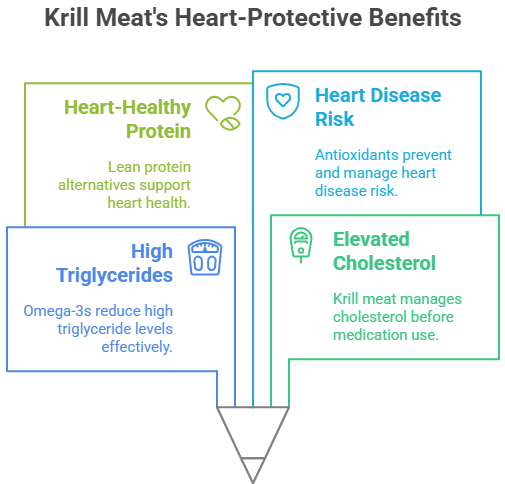
People with High Triglycerides
The omega-3s in krill are especially effective at reducing triglyceride levels, which are often elevated in people with metabolic syndrome, type 2 diabetes, or obesity.
Those with Borderline or Mildly Elevated Cholesterol
Krill meat can be a smart dietary addition for people trying to manage cholesterol through food before turning to medication.
Anyone Seeking Heart-Healthy Protein Alternatives
If you’re looking to reduce red meat consumption or include more seafood, krill meat offers lean protein with heart-protective nutrients.
Older Adults or People at Risk of Heart Disease
Its antioxidant and anti-inflammatory properties make krill meat a smart choice for those aiming to prevent or manage heart disease.
Risks, Side Effects, and Who Should Avoid Krill Meat:
While krill meat is generally considered safe, it’s not suitable for everyone. Consider the following before adding it to your diet:
- Allergy risk: Like other shellfish, krill can trigger allergic reactions in sensitive individuals.
- Pregnant or breastfeeding women consult a doctor first, as krill isn’t as widely studied as other seafood.
- Blood thinners – Omega-3s can have a mild blood-thinning effect, so speak with your doctor if you’re on anticoagulant medication.
- Dietary Restrictions Because krill is an animal-based food, it isn’t suitable for vegetarians or vegans.
How to Add Krill Meat to Your Diet
If you’re interested in trying krill meat, here’s how to eat krill, it’s versatile and easy to prepare. Though not as common as salmon or tuna, krill meat can be found in frozen or canned form, especially through specialty seafood retailers or online shops that carry sustainably sourced marine foods. Here are a few ways to include it in your meals:
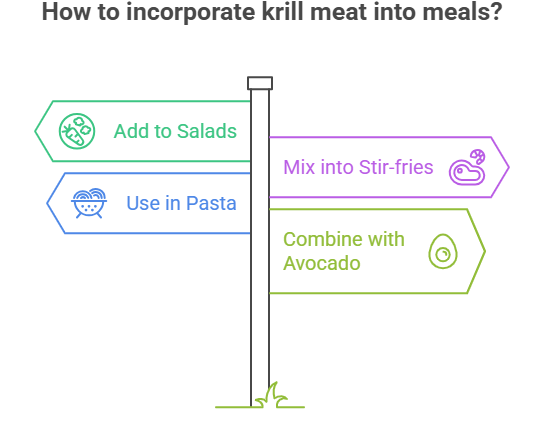
- Add it to salads for a light, protein-rich topping.
- Mix into stir-fries or rice dishes for a seafood twist.
- Use it in pasta instead of shrimp or crab.
- Combine with avocado and whole-grain toast for a heart-healthy breakfast.
Just like any seafood, it’s best to prepare krill meat simply steamed, sautéed, or lightly seasoned to preserve its delicate flavor and nutritional value.
Conclusion: Is Krill Meat a Smart Choice for Heart Health?
Krill meat isn’t a cure for high cholesterol, but it can be a valuable part of a heart-smart eating plan. With its omega-3 fatty acids, antioxidants, and lean protein, it offers real nutritional benefits, especially for those looking to lower triglycerides or support HDL levels.
If you’re aiming for a more natural approach to heart health and don’t have dietary restrictions, krill meat is worth considering just be sure to choose a sustainably sourced product and consult your doctor if you have underlying health conditions.








